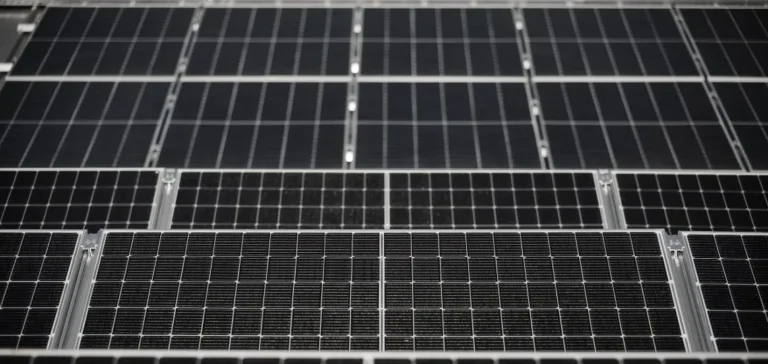Slovenian group BISOL, a major player in photovoltaic module production in Europe, has announced the integration of advanced G12R solar cells into its product catalogue, replacing the previously used M10 type cells. This new technology, adopted from the second quarter of 2025, follows an extensive period of research and development (R&D) aimed at optimising material composition and industrial processes required for its implementation.
Technological innovation and industrial strategy
BISOL’s internal laboratories have devoted substantial time to research and development, overcoming the initial technical challenges identified by other manufacturers with G12R technology. This process notably included extensive real-world condition testing as well as multiple iterations of component materials. The preparatory work aimed to ensure high levels of performance, enhanced industrial reliability, and product compatibility with European traceability and responsible sourcing standards.
With this integration, the BISOL group reinforces its position in solar technology within Europe and affirms its commitment to a certified “Made in EU” manufacturing process. According to technical data provided by the company, adopting the G12R solar cells significantly improves the energy efficiency of the photovoltaic modules produced.
Product guarantees and commercial deployment
Dr Uros Merc, co-founder and president of BISOL, explained the significance of this evolution: “With the upgrade to G12R, we are not simply adapting to a new standard, we are setting it. Thanks to our in-house technological expertise, we are delivering next-generation modules that exceed expectations in terms of performance, reliability and durability. Solar products come with long-term guarantees, which is why the technology must be perfected before implementation.”
The first photovoltaic modules equipped with G12R cells have already been delivered to priority partners and clients of the group. Meanwhile, BISOL continues delivering the last orders of photovoltaic modules from the previous generation, with distribution expected to be completed by mid-June 2025 at the latest.






















